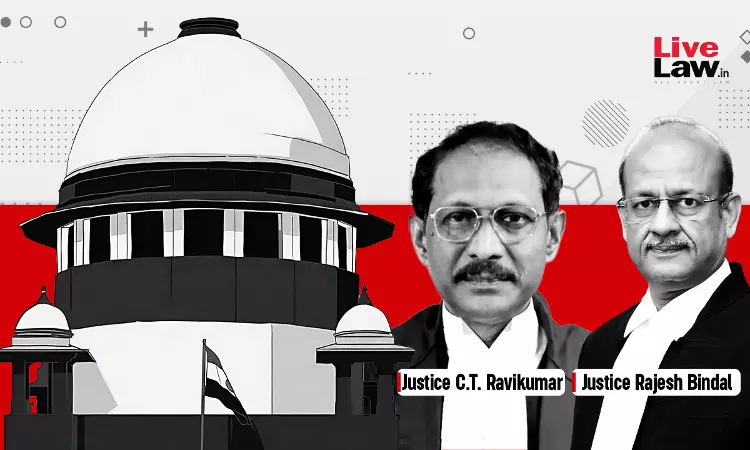The Supreme Court is set to examine whether the principles of Hindu law could be applied while adjudicating inheritance rights under the Mohammedan law. The bench of Justices CT Ravikumar and Rajesh Bindal, while issuing notice in a partition matter, ordered: “The question of seminal importance, which is required to be decided in this case is whether the principles of Hindu law...

